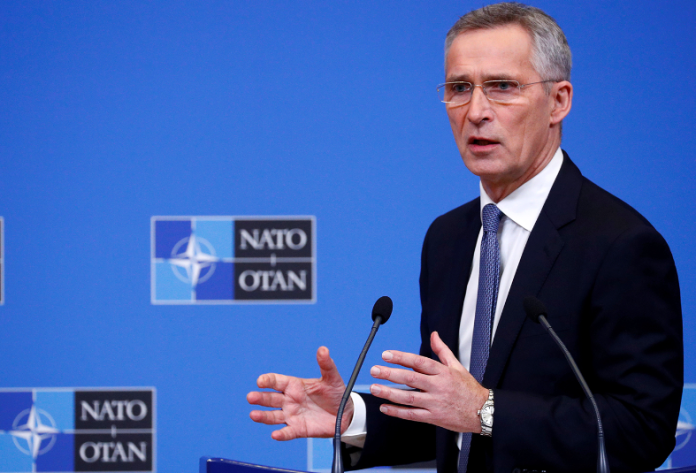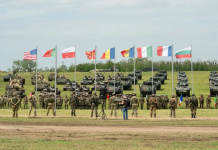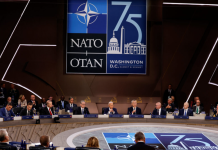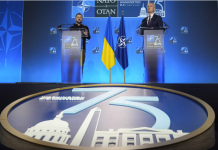By Joel Hickman
With profound challenges on the horizon, NATO needs a highly skilled leader to be its voice. Only candidates with international credibility and a track record of delivering for Ukraine need apply.
The majority of those privileged to occupy NATO’s most senior civilian post have enjoyed a fairly easy ride over the years. Their stints as NATO Secretary General mostly coincided with maintaining strategic stability and a well-rehearsed military posture throughout the Cold War. Later, they were asked to extend a hand of friendship to the young democracies that sprang up following the collapse of the Soviet Union.
Yet with the 2020s likely to represent one of the most challenging periods in NATO’s 74-year history, the successor to the incumbent Secretary General Jens Stoltenberg faces a serious task in leading an alliance of 31 countries and the collective defense of 1 billion people.
The alliance leader holds little executive power, but as NATO’s face and voice, he or she enjoys a critical public role. Especially now, with Russia waging war in Europe and democracies constantly under attack from state-sponsored disinformation campaigns seeking to subvert public consciousness.
Stoltenberg, a Norwegian, has done an admirable job of holding the alliance together through the crisis but struggles to reach a wider audience, especially young people. (NATO’s Youth Summit starting on June 5 is one attempt to address this issue.) He did nonetheless display a successful managerial approach well-suited to dealing with some of the challenges of the previous decade, including Russia’s illegal annexation of Crimea and invasion of Ukraine, a messy withdrawal from Afghanistan, and the accession of several new allies.
But the challenges of the next decade will be even greater and NATO needs to be bold when deciding who should succeed Stoltenberg later this year. A highly skilled communicator is required to rally political, diplomatic, and military factions around a shared vision. He or she must also be capable of delivering the raft of institutional reforms necessary to stand firm and united against Russian military aggression and hybrid risks, whilst also adapting to a new strategic threat environment in the Indo-Pacific and putting disruptive technologies at the heart of NATO’s operational capability.
The already difficult job of leading a vast alliance with divergent interests and security priorities is further complicated by a need for complete decision-making unanimity among its members. Of course, in practice, the United States remains NATO’s pre-eminent member and the permanent holder of the most operationally significant role of Supreme Allied Commander Europe (SACEUR.)
In contrast, the largely diplomatic role of the Secretary General is typically reserved for a European with the unenviable task of navigating a complex web of bilateral irritants and political horseplay to achieve an increasingly challenging consensus (think Hungary and Turkey, among others.)





